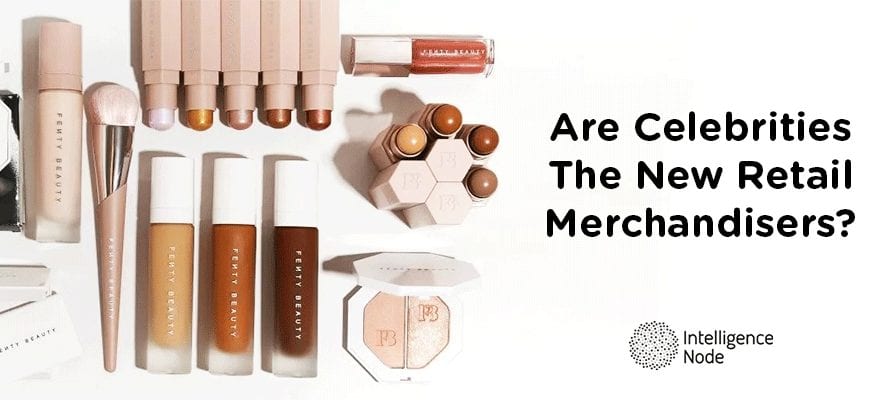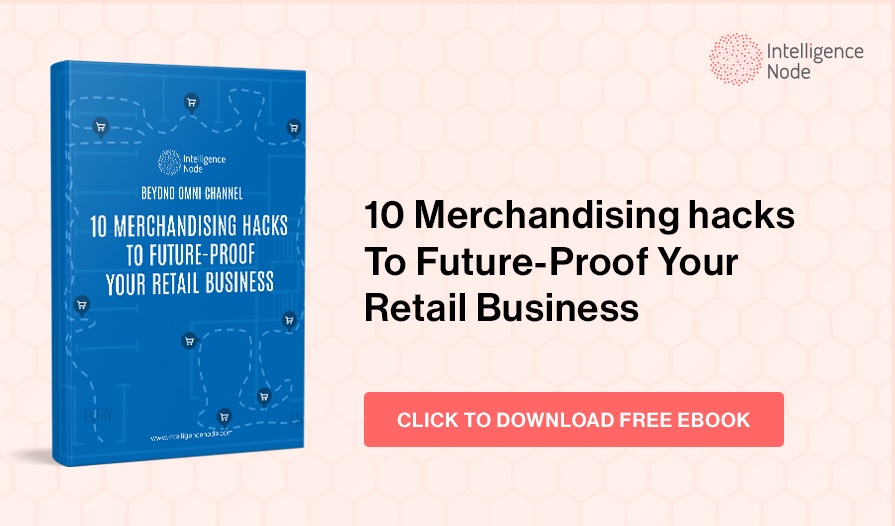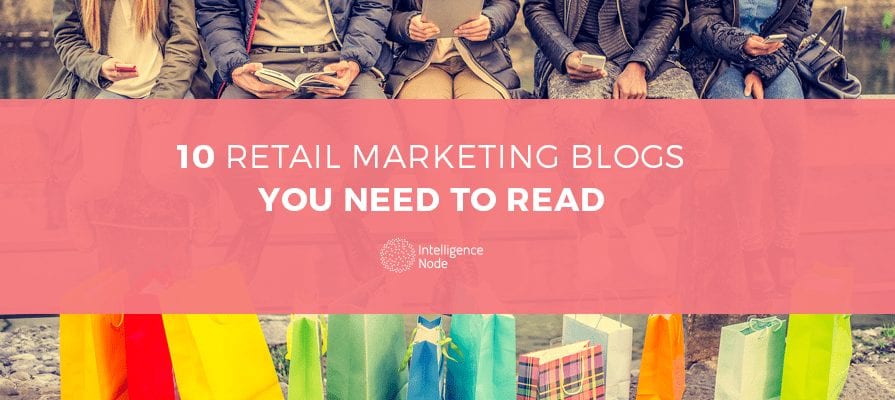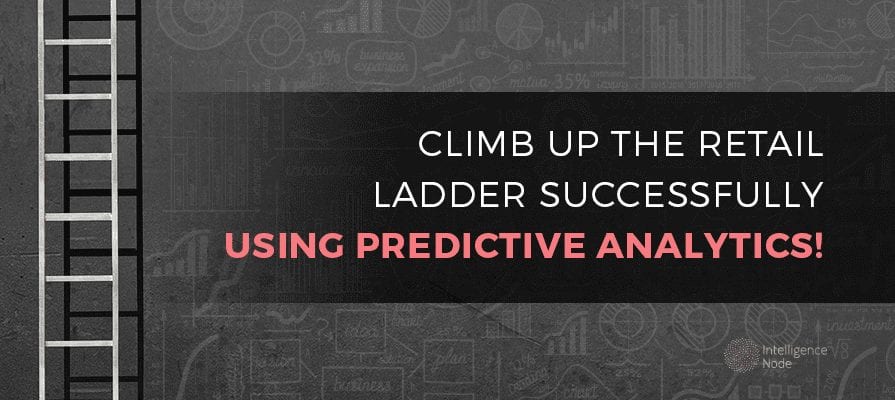Business-savvy celebrities are turning their popularity into profitability.
This year in particular, celebrities might be just what the retail sector needs. As global headlines proclaim, the retail industry is enduring a rough patch. Retailers like J.C.Penny, Neiman Marcus and J. Crew faced bankruptcy. Hundreds of stores closed, including Teavana and Macy’s. Meanwhile, retail giants Amazon and Walmart strengthened their empires by buying popular apparel and grocery brands. And 2022 looks tougher than ever for retailers.
If you look back, it seems that the only products selling out are either on Amazon or they’re celebrity lines and collaborations – and, in some cases, both. Celebrities are no longer confined to being just the face of a brand. More and more of celebrity brands are now dominating categories like beauty, sneakers, fashion and décor, cashing in on their personal brand and lending it to their own product lines.
The Face and The Head of Business
Celebrities are invested in their own businesses more than ever. These famous entrepreneurs are active decision-makers and influencers, inextricably linked to their own products, and committed to their business.
Seeing how these lines have not only sustained but flourished over the past 2-3 years, churning out an average of 3-4 seasons or product drops, this trend seems more than just a fad. Celebrities and influencers seem to have cracked the ‘lifestyle brand’ formula faster than conventional retailers. Keeping up with the New-Age shoppers has left many established retailers biting the dust. Meanwhile our unlikely entrepreneurs make it look so effortless with billions of followers buying into every trend, line, or collab they come out with.
For instance, Kanye West has never had a problem building a strong, unapologetic brand around himself, and consequentially, every business he has touched. Jessica Alba co-founded The Honest Company, a line of natural, non-toxic consumer goods. The company has evolved into a leader by adapting to the trend of conscious consumerism. Its open, transparent marketing is most popular among parents who want safe products for their families.

Gwyneth Paltrow’s celebrity brand “Goop” has become a lifestyle of sorts, with quite a significantly sized cult of followers that any brand would envy. Beyoncé’s activewear label Ivy Park with British retailer Topshop has never had a rough season since its first collection half a decade ago. Meanwhile, former Spice Girl turned fashion designer Victoria Beckham has been named the top entrepreneur in the UK and has earned genuine acclamation among the fashion elite.
But the biggest success story is Rihanna’s Fenty Beauty. Following four successful seasons with Puma, the singer launched Fenty’s independent beauty line that became a Sephora hit instantly.
Enterprising celebrities are not just a phenomenon in Western nations. In China, companies collaborate with influencers called key opinion leaders (KOLs). KOLs market products ranging from cosmetics to nutritional supplements to their enthusiastic social media followers. Companies livestream videos of KOLs reviewing products for online lifestyle groups, ranging from fitness fans to new moms. And the money is massive, as KOLs can earn up to $150,000 for a single social media post.
Are celebrities the future of retail?
Given the power of influencer marketing today, it appears celebrity brands have cracked the lifestyle formula that evades many corporate brands. They are feeling the heat already with young shoppers.
For instance, consumers are now more likely to buy a pair of Fenty or Ivy Park socks, as every micro-decision is a result of relentless influencer marketing on social media. The fact is- celeb lines have seeped into our most basic amenities. Gwyneth Paltrow now tells us which recipes to make for and what holiday gifts to buy- from aura mists to luxury bookmarks, no category is too small for celebrity influencers. No longer limited to luxury brands, products tied to famous people are seeping into mainstream and widespread consumption tendencies.

Deep consumer needs drive celebrity sales
Stars sell more because we feel like we know them. They’re familiar faces in our homes, on our smartphones, and on our Instagram feeds. Buying their products makes us feel even more connected to these luminaries. We want to associate with successful people because their confidence and charisma is an aspirational luxury that feels more and more within our reach than it is.
Products by a celebrity are allowed a premium pricing strategy. The halo effect is more if placed next to the right products. If consumers like the person, they’re more likely to like and buy their merchandise – even if it’s (slightly) expensive.
At a practical level, a celebrity product line simplifies purchasing decisions. Consumers think, “If a Hollywood star believes in the product, it must be good.” Amid endless assortment variety, celebrity status helps consumers cut through the clutter when shopping.
At an aspirational level, buying from celebrities motivates shoppers to dream bigger and “have it all.” The stars reflect ageless perfection and limitless ambition; it is the dream that the consumers are paying an extra buck for.
Whether we’re enraptured by celebrities’ glamorous lifestyle or impressed by their passionate risk-taking, we’re buying more from celebrities now than ever. Whether celebrity labels represent the future of retail is yet to be seen, but these new entrepreneurs are shrewd business people who know how to serve their audience, something many corporate brands are lacking at the moment. Understanding marketing influences, and knowing how to keep fans coming back with the next big thing is a retailer’s Holy Grail that our favorite faces had with them all this time.
For more tips and tricks in key areas of merchandising- Assortment, Price, Inventory & Presence, Check out our new eBook, “10 Merchandising Hacks to Future-Proof Your Retail Business”





